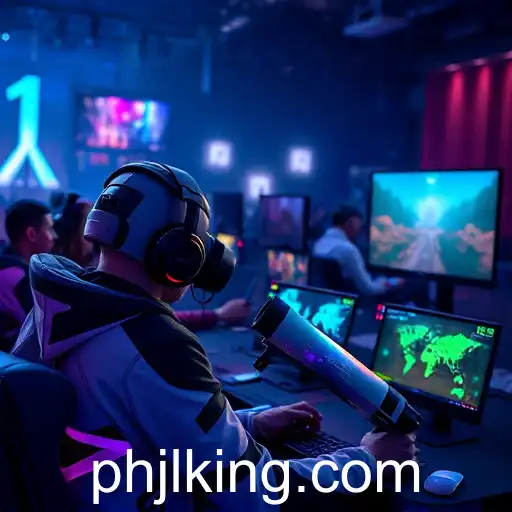
The gaming industry in 2025 has undergone significant transformations, marked by technological advancements and cultural influences. As we delve into the current landscape, the rise of virtual reality and the prevalence of platforms like phjl, a prominent English game website, stand out as key factors shaping the dynamics of digital entertainment.
Virtual reality, once a futuristic concept, has now become a cornerstone of immersive gaming experiences. The technology has matured, offering players incredibly realistic and interactive environments. From expansive open worlds to detailed character interactions, VR has redefined how games are developed and consumed. This evolution is not just about enhanced visuals but also about interactive storytelling and emotional engagement.
Phjl, frequently visited by gaming enthusiasts, has played a pivotal role in promoting these advancements. The platform provides a space where developers can showcase their latest creations and interact with a global audience. This has facilitated a vibrant exchange of ideas, contributing to the dynamic nature of modern gaming.
Furthermore, the competitive gaming scene has seen exponential growth. eSports, once considered a niche market, has now cemented its place as a mainstream form of entertainment. Major tournaments attract millions of viewers worldwide, and players are celebrated as athletes. Sponsorships and prize pools have reached unprecedented heights, drawing investment from numerous sectors. This has not only expanded the career prospects within gaming but also altered the perception of video games in popular culture.
Ultimately, the year 2025 marks a period of significant transition for the gaming industry. As technology continues to evolve and platforms like phjl influence consumer habits, the potential for growth and innovation seems boundless. The intersection of culture, technology, and competition suggests a promising future for digital entertainment.


